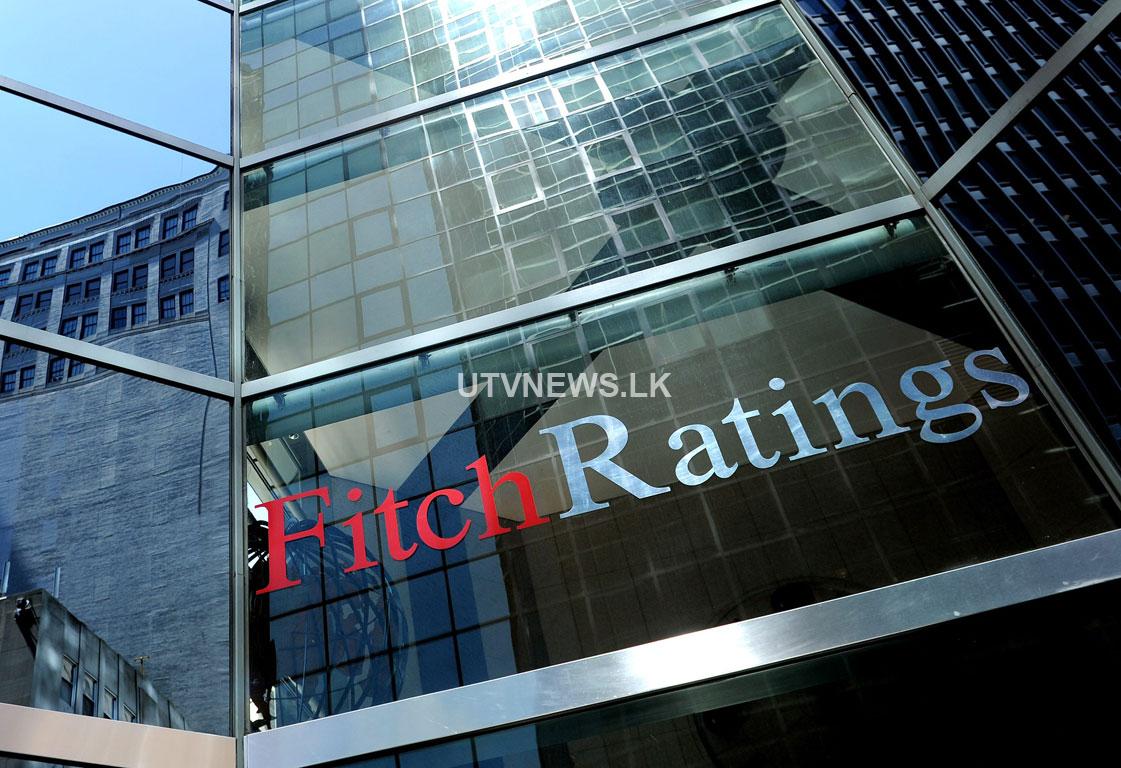(UTV|COLOMBO) – The dual impact of COVID-19 and the significant oil price shock will put pressure on some sovereign credit fundamentals and potentially ratings, Fitch Ratings says.
In developed markets (DM), the key drivers will be the effect on growth, if it persists, and the fiscal and monetary responses. Emerging markets (EM) face additional risks related to commodity export receipts, capital flows and exchange-rate pressures.
Oil prices had their biggest drop in nearly three decades after Saudi Arabia said on Sunday it would increase production and cut prices after talks with Russia on production cuts collapsed. Low oil prices weighed on ratings of major exporters in 2014-2016 and will do so again if the oil price war leads to sustained lower prices. The collapse in commodity prices in 2014 led to numerous EM sovereign downgrades and many oil-exporting sovereigns are still struggling to adjust to that shock, with break-even oil prices well above current market rates. However, higher-rated exporters have large buffers, mainly in the form of sovereign wealth funds.
The economic effects of an oil shock maybe longer lasting that those from COVID-19. Indeed, the impact of cyclical economic downturns on sovereign credit profiles is typically temporary as countercyclical policies and automatic stabilisers are usually reversed during subsequent recoveries. Nevertheless, some of the economic effects of COVID-19 are likely to linger, especially in sectors such as travel and tourism. Sovereigns with large direct and indirect contributions to GDP from tourism include Macau (SAR), Thailand, Maldives, Croatia, Iceland, the Seychelles and several Caribbean islands, according to the World Travel & Tourism Council.
As COVID-19 concerns have escalated, global policymakers will be increasingly pressed to respond to a weaker economic outlook while containing the spread of the virus. In the short term, tax revenues will fall and demands on government will increase. Several international institutions are encouraging national authorities to enact fiscal support measures. The IMF, for example, points to an urgent need for sufficient frontline health-related spending along with initiatives to confront supply and demand shocks. Political pressures for direct support to affected industries and workers will intensify.
A number of sovereigns have already announced fiscal actions, or pending actions. These include China, Japan, Korea, Singapore and Malaysia in Asia where COVID-19 spread initially, and Italy, which has been most affected in Europe. A G7 statement pledged “fiscal measures where appropriate”, following a call among finance ministers and central bank governors on the virus and its economic implications.
Fitch expects the list of sovereigns engaged in fiscal expansion to grow much longer, and fully recognises that timely and targeted policies can help to reduce the risk of a permanent loss of output. Even so, there is scope for some ratings migration as policy responses are formulated and enacted, given the importance of public finances to sovereign credit profiles.
G7 public finances are consistently among the weakest relative to their respective rating peers, which, in part, reflects a previous lack of urgency in using the low interest-rate environment to undertake fiscal consolidation. Instead, most G7 governments have increased non-interest spending, effectively preserving historically high levels of public debt.
A global monetary easing cycle is underway, most notably with the recent 50bp cut by the Federal Reserve. From a sovereign rating perspective, the focus will be on the extent to which lower rates or additional liquidity contributes to further debt accumulation by the public and private sectors in countries with prior concerns about the implications of high debt for macroeconomic stability or the integrity of the financial system. China is a notable example, though there is still no sign the central bank is deviating meaningfully from its de-risking campaign or that a large-scale monetary and credit policy loosening is forthcoming.
EM sovereigns face risks associated with changes in global investor sentiment that may harm external funding conditions, lower commodity prices or diminished trade volumes that would weaken the balance of payments. The threat from lower commodity prices was already manifest as COVID-19 weakened global growth prospects, and we viewed this as the main channel to Middle East & Africa sovereigns via the hit to fiscal revenue, foreign-currency earnings and economic growth, and this will be significantly magnified if oil prices do not recover from their current levels. Commodity dependence is also common across Latin America. Globally, it is most pronounced in Angola, Iraq, Suriname and Gabon, and there are a dozen more EMs for whom commodities exceed 70% of foreign-currency income.
Investor sentiment can ultimately affect capital flows, and EM sovereigns whose currencies have weakened the most against the US dollar since end-2019 include Brazil, Uruguay, South Africa and Chile. Those with the largest external funding requirements (including short-term debt) in dollar terms in 2020 are Brazil, India, Turkey and Poland.

